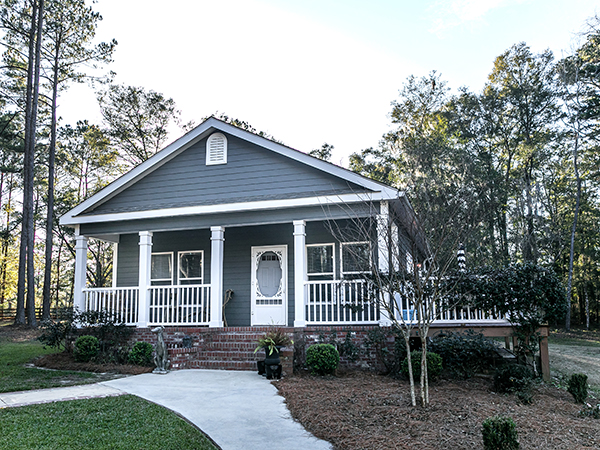Many people know what a home appraisal is, but some may not understand exactly what goes into a home appraisal or how an appraisal impacts your ability to get a mortgage. If you’re among them, this blog may be for you.
What exactly is a home appraisal?
Essentially, a home appraisal tells a home buyer, a home seller, and the lender how much a property is worth. Appraisals do two things—they protect buyers from spending too much money on a home purchase, and they prevent lenders from lending too much money to finance a property.
Appraisals are created by licensed appraisers, whose job is to determine the estimated market value of a home based on its condition, features and the values of similar properties. They do this by visiting the property and using publicly available information, including recent nearby home sales and county assessors’ data. After gathering this information, they create an appraisal report that includes their opinion on the home’s value and reasons behind it.
Another thing to know about appraisals is that the borrower typically pays for it, even if it’s required by the lender. Home appraisals can cost anywhere from $500 to $1,000 or more, depending on the home’s type, size, and location. The appraisal process can take as little as several days to a few weeks, depending on how busy appraisers are in your local area.
What does the appraiser look for?
After the lender orders your appraisal, an appraiser schedules an appointment with the home seller or the seller’s agent to visit the home, take pictures and gather information for their report. The appraiser’s visit can take as little as 30 minutes to an hour or more, depending on the property.
Some of the things an appraiser looks for is the home’s square footage, the number of bedrooms and bathrooms, the land it sits on, and the surrounding neighborhood. If the property is next to a freeway or airport, for example, these factors can negatively impact its value.
One of the most important parts of the appraisal report are “comps,” which is shorthand for homes located nearby that are similar, or comparable, to the appraised property. Appraisers generally pick at least three comps and compare them to the appraised property to create a median price value.
The extent of the appraisal may also depend on the type of loan you’re getting. For example, appraisals for an FHA loan—that is, loans that are guaranteed by the Federal Housing Administration—have more stringent appraisal guidelines than other types of loans and which are intended to ensure the property is safe and structurally sound.
What does a low appraisal mean?
A low appraisal occurs when the appraised value of the home is lower than its selling price. This can happen for several reasons. Perhaps the appraiser isn’t familiar with the neighborhood or overlooked one or more recent sales in the area. Or perhaps the seller is simply asking more than the fair market value.
Either way, a low appraisal can be a problem. Keep in mind that the home is used as the collateral for your mortgage. If you aren’t able to make payments, the lender needs a way to get its money back. So, the home needs to be worth at least as much as what you’re paying for it.
If the appraisal is lower than the price, you could talk with the seller to see if they are willing to renegotiate the price. Otherwise, you may need to make up the difference between the appraised value and the home price in cash.
Thinking of buying a home? Right By You Mortgage’s loan experts can help. Please give us a call at 1-877-552-2242 or contact us at inquiries@rightbyyoumortgage.com.









